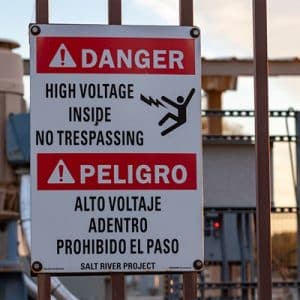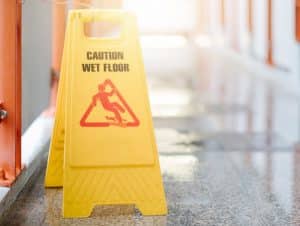News Feed
What to Do After a Car Accident in Miami (Step-by-Step Guide)
You’re hit. Your heart’s pounding. Traffic is stacked around you, and suddenly, you’re expected to know what to do, what to say, and who to
Who’s Responsible When a Rental Car is Involved in a Crash?
South Florida sees a high volume of rental cars on the road, especially in Miami, Fort Lauderdale, and other tourist-heavy spots. When one of those
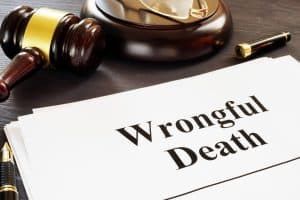
Who Can File a Wrongful Death Lawsuit? Legal Options for Surviving Family Members
The death of a loved one due to the negligence of another person or entity is a tragedy that can have long-lasting consequences. In addition

Insurance Claim After Burglary
Returning to a burglarized home is an extremely traumatic and stressful experience, especially when valuable items have been stolen. Those with homeowner’s or renter’s insurance

Aortic Dissections From Car Accidents
Aortic Dissections From Car Accidents Seat belts and airbags save lives. However, these same life-saving devices can sometimes turn life-threatening, causing organ damage and death
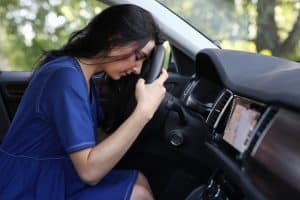
Injuries From Seat Belts in Car Accidents
The paradox of injuries from seat belts in car accidents can certainly be confusing. How can the same device that prevents us from flying through the windshield

Navigating Water Damage Property Claims in Florida
Florida homeowners and business owners know the pain of water damage on their property. Florida’s climate is extremely humid, and rain and hurricanes are common occurrences, which

Tips For Hiring Contractors After The Storm
Hurricanes and storms can cause catastrophic damage. If your property, including your home or business, was in the path of a hurricane, you need to

Paying Undisputed Amounts For Property Damage
Suffering serious property damage to a home, vehicle, or other major property is always a stressful experience. Insurance can help provide financial relief for repairing
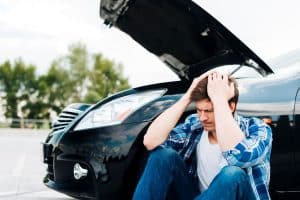
Proving Lost Wages After A Car Accident
A car accident victim’s life can change in an instant when the crash results in devastating injuries. An injured victim may be unable to work
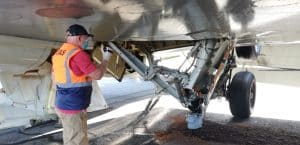
The Role Mechanics Play in Airplane Accidents
There are hundreds of airplane accidents across the U.S. every year. Many, according to the National Transportation and Safety Board (NTSB), are caused by improper

Florida Has a High Number of Unlicensed Drivers
You’re familiar with the slogans. “The American Dream.” “The Land of Opportunity.” “Home of the Free and the Brave.” It’s those ideals that make this
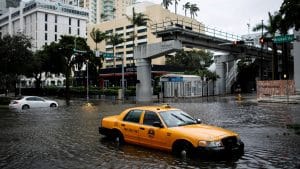
Florida’s Flood-Damaged Vehicles
To many people, Florida is synonymous with hurricanes and while we do get our fair share of them, we set a record this year by
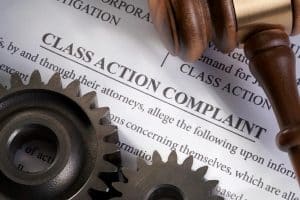
Class Action Lawsuit Filed Against Citizens Property Insurance
Stabinski Law announced a class action lawsuit it filed against Citizens Property Insurance. Several members of the Florida Association for Insurance Reform (FAIR) announced the




